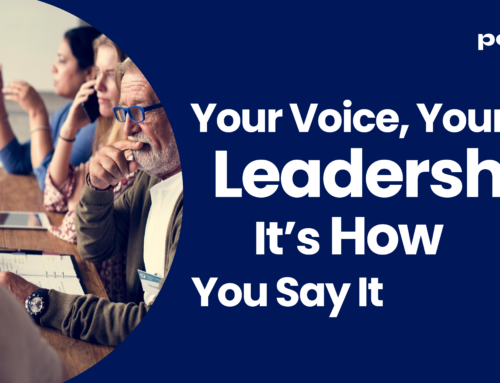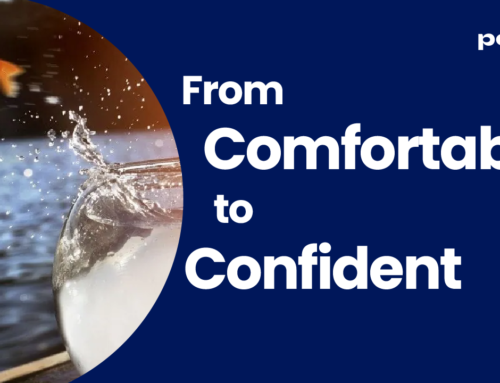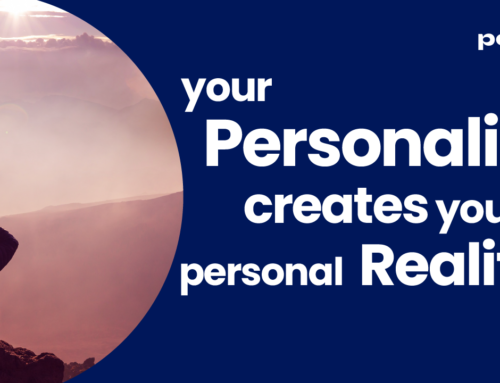You are looking forward to going to work. You feel inspired and know that you are fully appreciated as the person you are and for the work you do. You make a difference and get noticed for it. At the end of the day you go home energised and fulfilled.
I’m sure we all would love days like this as often as possible. I strongly believe that the above is achievable and not a naïve world view. I live with this picture in my mind. And even though – obviously – not every day is the perfect day, many come pretty darn close. It most certainly wasn’t always like this and it sure doesn’t happen just like that.
The game changer for me was to start ‘caring and paying attention’. Caring about myself and about others. If I am at my best, and if I have the full cooperation of the people around me, we can achieve great outcomes.
However, looking at recent trends in research we see a rapid decrease in empathy, in navigating emotions and inner motivation. 75% of employees want a new job, and annual productivity losses resulting from poor communication is more than US$26,000 per employee.
On the flipside of that development we see that
- Google trends show an approximate 25% increase in searches on ‘mindfulness’ over the past 3 years.
- Emotional intelligence is the strongest predictor of performance. It explains 58% of success in all types of jobs.
- According to Howard Gardner at Harvard University, the most important and highest paid intelligence is social intelligence, which refers to our ability to negotiate, communicate and influence.
People are obviously searching and starting to understand the impact of Soft Skills and Emotional Intelligence – or what ever label you want to put on ‘caring and paying attention to yourself and others’.
Yet still Soft Skill Development is seen as a cost factor instead of an investment. Individuals and organisations are reluctant to invest into their biggest asset – themselves. How often do we hear: “Managers can’t get away for three days.”, “Can we do this online?”, “Our Managers are smart, they can learn it in one day.”
Being able to listen to yourself and others, to be adaptable or to be able to motivate yourself and invite others to be at their best is not a talent nor is it knowledge, it’s a skill.
Ask anyone who excels in a certain skill. To reach the top you have to invest time, practice and commitment.
I attribute my own happiness professionally and personally mainly to the decision to ‘care and pay attention’, and to continuously cultivate those skills – it’s hard work and requires dedication but rewards me beyond expectation.





